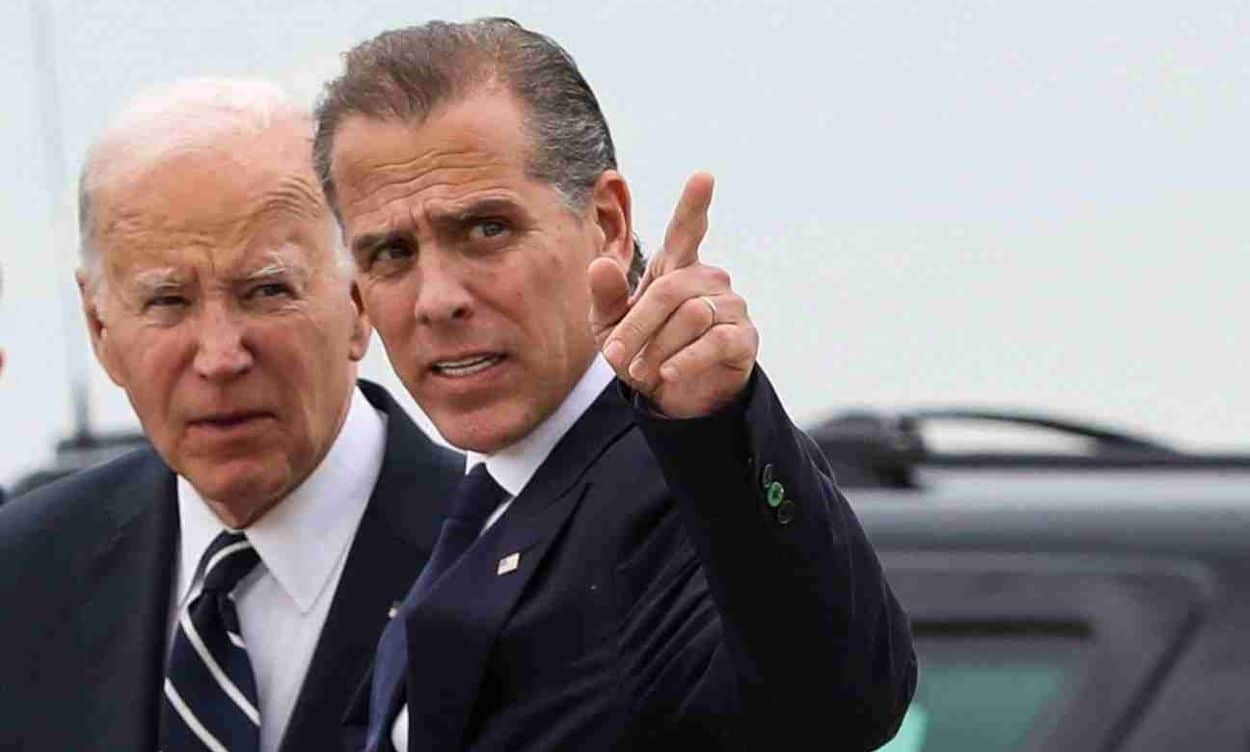President Joe Biden has pardoned his son, Hunter Biden, deviating from prior pledges not to interfere. This article delves into the details of the pardon and its legal ramifications.
Hunter Biden received a presidential pardon for a conviction by a jury in Delaware and a guilty plea in California. The pardon also covers any federal crimes he might have committed from January 1, 2014, through the end of this year.
What Crimes Was Hunter Biden Convicted Of?
In Delaware, a jury found Hunter Biden guilty in June of falsely stating he was not addicted to illegal drugs on a firearm purchase form. The trial revealed extensive details about his struggles with addiction. His sentencing was set for December 12.
Separately, Hunter admitted to failing to pay $1.4 million in taxes while spending heavily on drugs, sex workers, and luxury items, with sentencing scheduled for December 16.
What Sentence Was Biden Facing?
Hunter Biden could have faced decades in prison; however, sentencing guidelines suggested a much lighter sentence. For firearm-related charges, the guidelines recommended 15 to 21 months. Legal experts noted that defendants in similar situations often receive reduced sentences and might avoid incarceration if they comply with pretrial release terms. Hunter’s attorney noted his compliance with bail conditions, including drug tests. A juror told CNN they did not believe Hunter Biden should be in prison.
Read: President Biden Pardons Son Hunter in Controversial Move
Was There a Plea Deal?
Yes. Last June, Hunter Biden agreed to plead guilty to two misdemeanour charges related to income tax evasion and a deal that could have avoided a conviction on the firearm charge. This agreement led to Republican claims of preferential treatment due to his presidential lineage. A federal judge later rejected this plea deal, leading to Hunter’s trial on the firearm charges.
Could Hunter Biden Testify in Other Cases?
Should the US House of Representatives or the Justice Department investigate the Biden family’s business dealings, Hunter could be summoned to testify. The pardon reduces his ability to refuse testimony by citing the Fifth Amendment, as he no longer faces criminal jeopardy for the federal crimes specified.
Are Presidential Pardons Uncommon?
Presidential pardons are longstanding, with each president granting them from George Washington onward. Notable examples include Gerald Ford’s pardon of Richard Nixon, Bill Clinton’s pardon of his brother-in-law, and Donald Trump’s pardon of Charles Kushner, Jared Kushner’s father.
This comprehensive overview highlights the complexities and controversies surrounding presidential pardons and their profound legal and personal implications.






